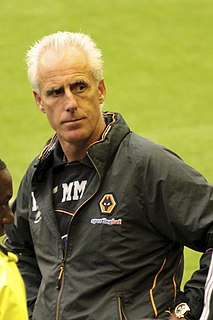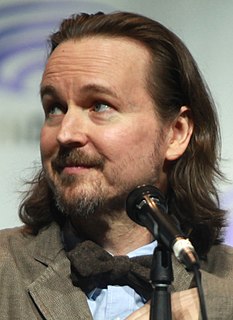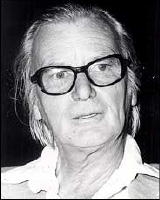A Quote by Mick McCarthy
Related Quotes
What I thought was so great about Rise [of the Planet of the Apes ] was that it wasn't a retelling; it was an entering of the universe at a different point. So it's Planet of the Apes. We already know the ending. There's no mystery in that! It becomes Planet of the Apes. So it's not about what is at the end; it's about how did we get there? And that enabled something that was totally fresh, which was an ape-point-of-view movie.
Like many actors, I started off as a monkey. My first job ever was as an extra in Tim Burton's 'Planet of the Apes.' I'm the tiny little monkey in the background. I met Rick Baker doing that - then, because of my size and the fact I was older than 18, he figured I could double Daveigh Chase in 'The Ring.'
It is rather an unpleasant fact, that the ugliest and awkwardest of brute animals have the greatest resemblance to man: the monkey and the bear. The monkey is ugly too (so we think) because he is like man--as the bear is awkward, because the cumbrous action of its huge paws seems to be a preposterous imitation of the motions of human hands. Men and apes are the only animals that have hairs on the under eye-lid. Let kings know this.
If 'Star Wars' wasn't enough to prepare me for a dark future, there was the 'Planet of the Apes' franchise, conveniently repeated for me in Los Angeles on KABC's Channel Seven 3:30 movie. Apes enslaving humans! Mutants with boils and an atom bomb! Ape riots in Century City! They killed baby Caesar's parents!
































